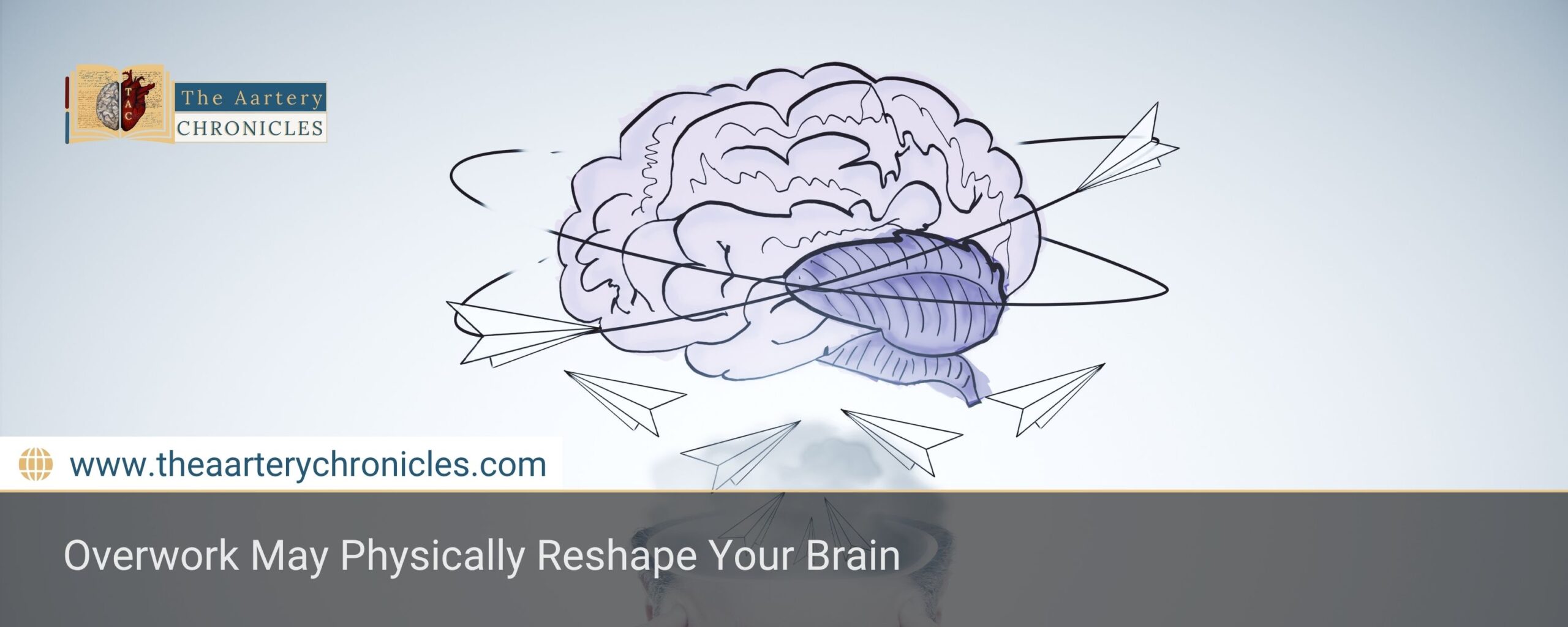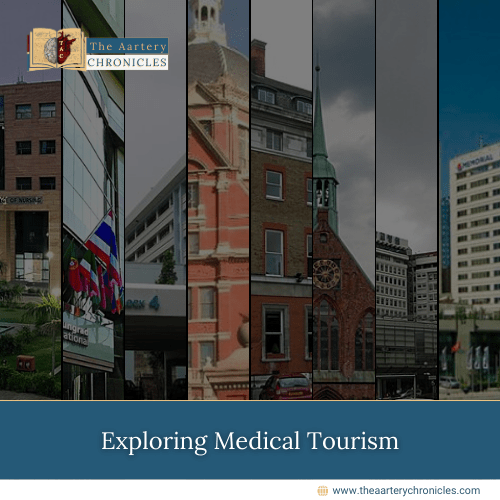

Is Your Job Changing Your Brain? Scientists Say “Yes”
Summary: New research reveals that working 52+ hours a week may lead to physical changes in the brain, particularly in regions that control emotions, memory, and decision-making. These findings highlight the urgent need to address overwork as a public health concern.
Overwork May Physically Reshape Your Brain
“Overwork isn’t just stressful—it may be reshaping your brain.”
That’s the powerful finding from new research published in Occupational & Environmental Medicine. For those logging 52 or more hours a week, changes may occur in key brain regions responsible for emotional regulation and executive functions like working memory, attention, and decision-making.
In short, your brain might actually look different if you’re constantly overworked. Let’s break down the findings and what they mean for your mental, emotional, and long-term brain health.
What the Study Looked At
The study analyzed healthcare professionals who regularly worked long hours (52+ hours/week), using MRI brain scans and a technique called voxel-based morphometry (VBM) to detect structural brain changes. Data came from the Gachon Regional Occupational Cohort Study (GROCS) and included 110 participants after removing low-quality imaging data.
- Most of the overworked group were younger, highly educated, and had spent less time in their careers, yet they showed notable structural brain differences compared to peers working standard hours.
Brain Areas Affected by Overwork
Researchers found increased grey matter volume in up to 17 brain regions, especially areas that:
- Manage working memory and problem-solving (middle frontal gyrus)
- Handle attention, planning, and decision-making (superior frontal gyrus)
- Integrate sensory and emotional feedback (insula)
For example, those working excessively showed a 19% increase in the volume of the middle frontal gyrus, a key part of the brain involved in attention and language processing.
Why is this Important?
A larger brain region might sound good, but scientists caution that it likely reflects a neuroadaptive stress response, the brain trying to cope with chronic overwork.
This may also explain in overworked professionals:
- Emotional fatigue
- Cognitive fog
- Mental exhaustion
Overwork = More Than Burnout
According to the International Labour Organisation (ILO), overwork contributes to 800,000+ deaths annually, linked to heart disease, metabolic conditions, and now possibly, brain changes.
“The results underscore the importance of addressing overwork as an occupational health concern,” researchers warn.
This study offers a biological lens to the emotional and cognitive struggles many overworked individuals face and could shape future workplace policies.
What the Study Didn’t Prove (Yet)
As an observational study, this research doesn’t prove that long work hours cause brain changes, it simply shows an association. Long-term and more detailed studies are needed to confirm these effects and understand whether they’re reversible or permanent.
Still, researchers emphasise that these early findings are a “meaningful first step” in linking overwork to physical brain health.
Your Brain Needs Work-Life Balance
The study suggests that working too much may do more than drain your energy; it could structurally reshape your brain. While more research is needed, the message is clear: prioritising mental health and work-life boundaries isn’t a luxury, it’s a neurological necessity.
Consider this your science-backed reminder to log off on time and protect your brain while you’re at it.

Dane
I am an MBBS graduate and a dedicated medical writer with a strong passion for deep research and psychology. I enjoy breaking down complex medical topics into engaging, easy-to-understand content, aiming to educate and inspire readers by exploring the fascinating connection between health, science, and the human mind.








